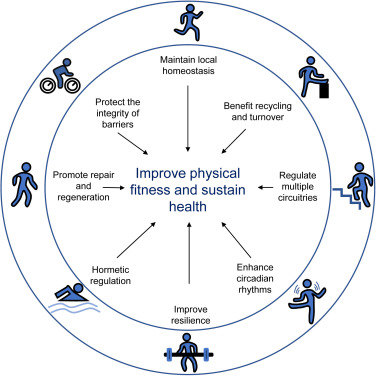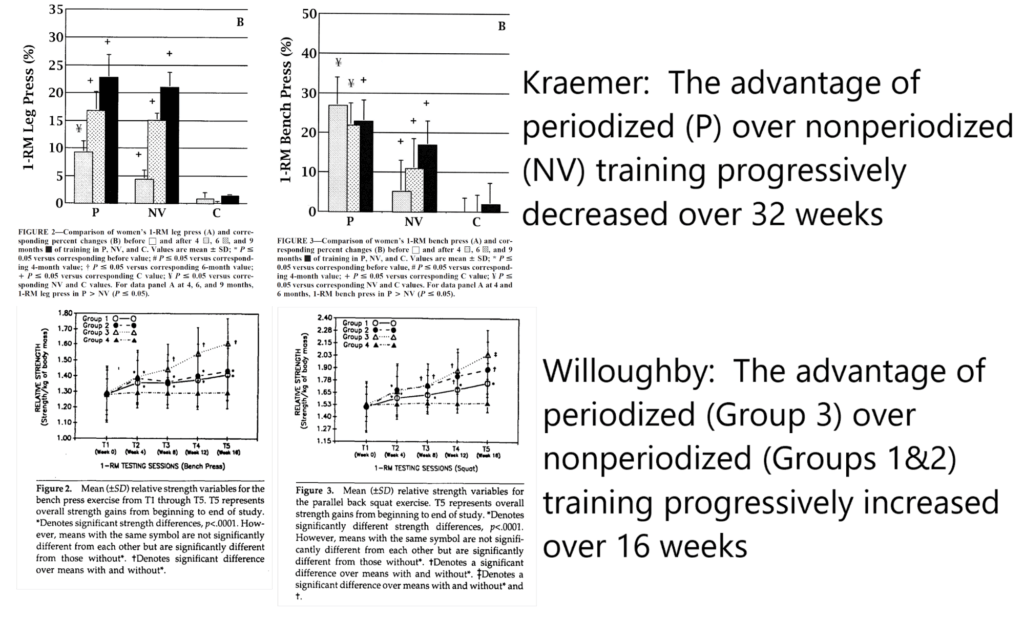
Why Science Matters in Fitness Coaching
In an era where social media is filled with “fitness experts” and quick-fix programs, it has become increasingly important for trainers and coaches to base their work on scientific principles, not just trends. True coaching goes beyond counting reps — it’s about understanding the science of human performance and applying it intelligently.
1. The Foundation: Evidence Over Opinions
Fitness science combines knowledge from anatomy, physiology, biomechanics, and psychology to ensure every training decision has a measurable purpose. When a coach uses scientific reasoning, programs become individualized, safe, and effective, reducing the risk of injury while maximizing results.
Research-based programming allows trainers to:
-
Design progressive overload with data, not guesswork.
-
Understand recovery timelines based on muscle physiology.
-
Adjust variables like volume, intensity, and frequency using proven models.
As the American College of Sports Medicine (ACSM, 2021) states, scientific literacy among trainers directly correlates with better client outcomes and long-term adherence.
2. Beyond the “Bro Science”
Many popular fitness routines spread through gyms or social media rely on anecdotes — what worked for one person may not work for another. This is known as “bro science”: advice without context or validation.
Science-based coaches test, measure, and refine. They use principles like SAID (Specific Adaptation to Imposed Demand) and periodization models validated by studies in strength and conditioning. This makes training adaptable for different goals — from fat loss to athletic performance — while staying grounded in physiology.
3. The Role of NASC in Professional Standards
The National Association for Strength and Conditioning Research (NASC) was established to bridge the gap between academic research and real-world application. Through structured certification programs, NASC ensures that trainers are equipped with both theoretical understanding and practical skills.
NASC-certified trainers learn to interpret research, apply exercise science, and make data-driven coaching decisions. This elevates not only the quality of personal training but also the credibility of the entire fitness industry in Malaysia.
4. Continuous Learning = Continuous Improvement
Science evolves, and so must trainers. A professional coach continually updates their knowledge through journals, workshops, and continuing education. What was considered best practice ten years ago might be outdated today — from warm-up techniques to recovery protocols.
As Schoenfeld (2010) notes, scientific inquiry keeps the fitness field dynamic, ensuring that methods stay relevant, efficient, and evidence-based.
Key Takeaway
Good coaching isn’t about who trains the hardest — it’s about who understands why things work.
Science provides the framework, experience refines the application, and together they create truly effective training.
When fitness becomes guided by evidence instead of ego, everyone wins — the coach, the client, and the entire profession.
References
-
American College of Sports Medicine. (2021). ACSM’s Guidelines for Exercise Testing and Prescription (11th ed.). Wolters Kluwer.
-
Zatsiorsky, V. M., & Kraemer, W. J. (2006). Science and Practice of Strength Training (2nd ed.). Human Kinetics.
-
National Association for Strength and Conditioning Research (NASC). (2024). Coaching Standards and Certification Framework. NASC Publications.


